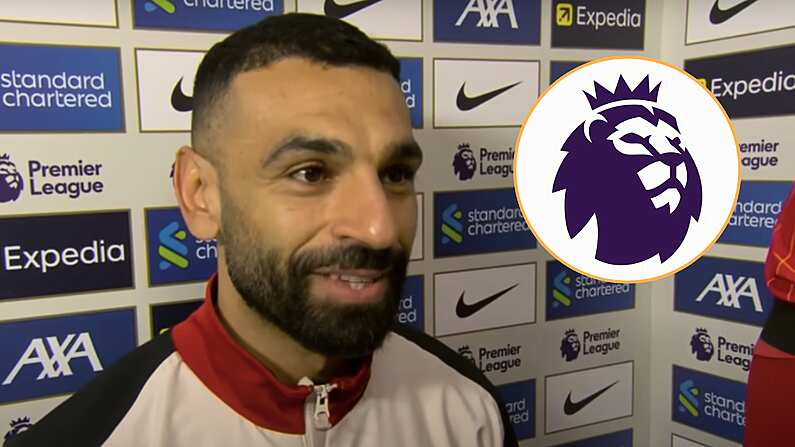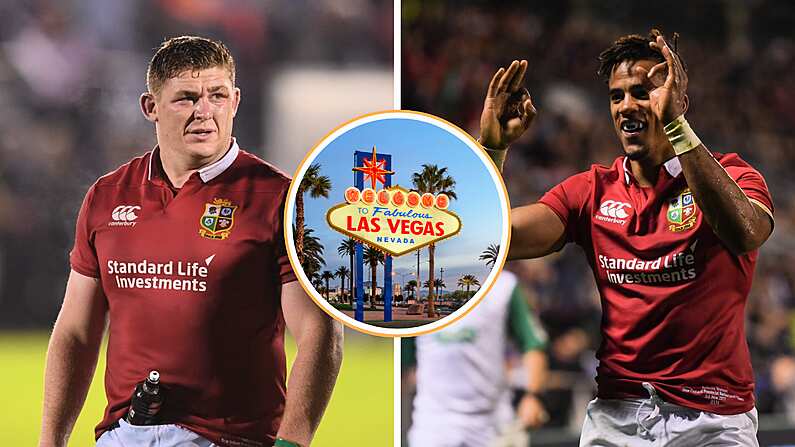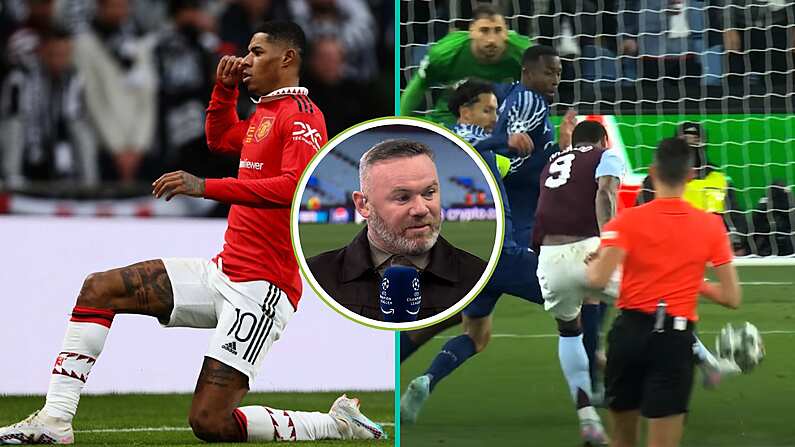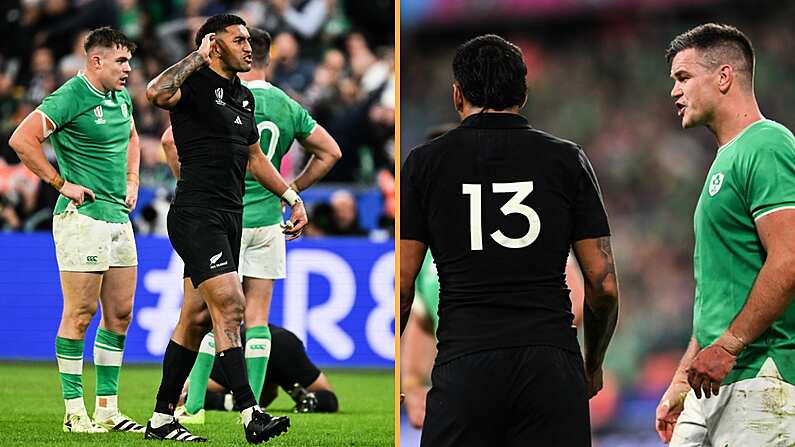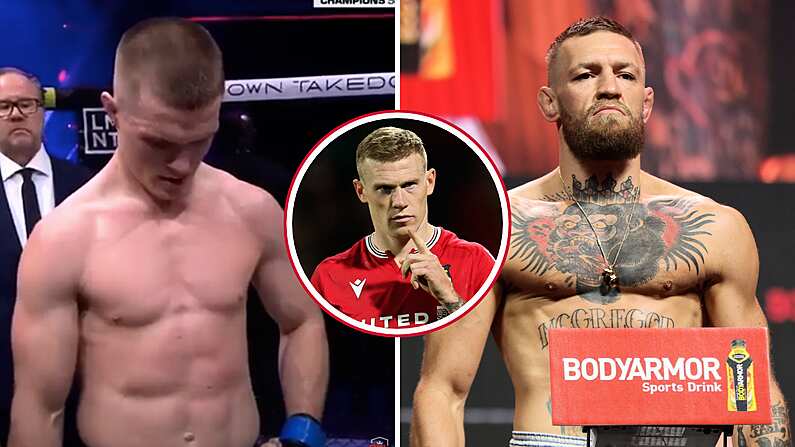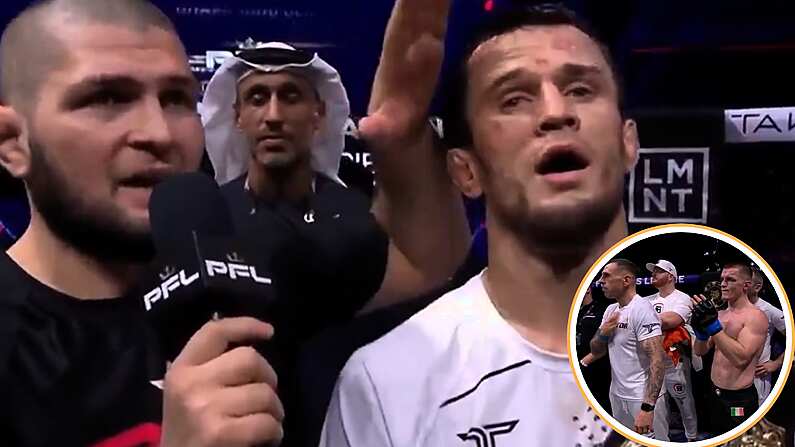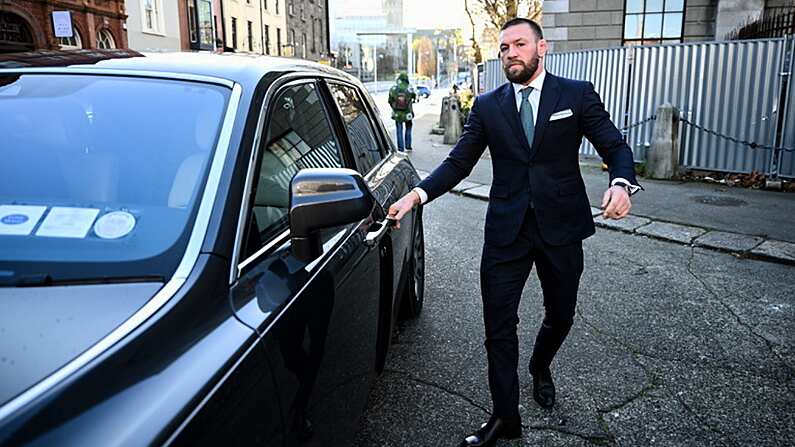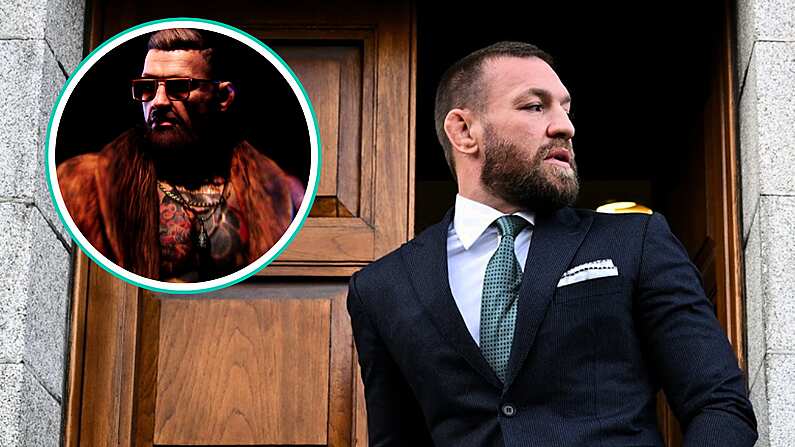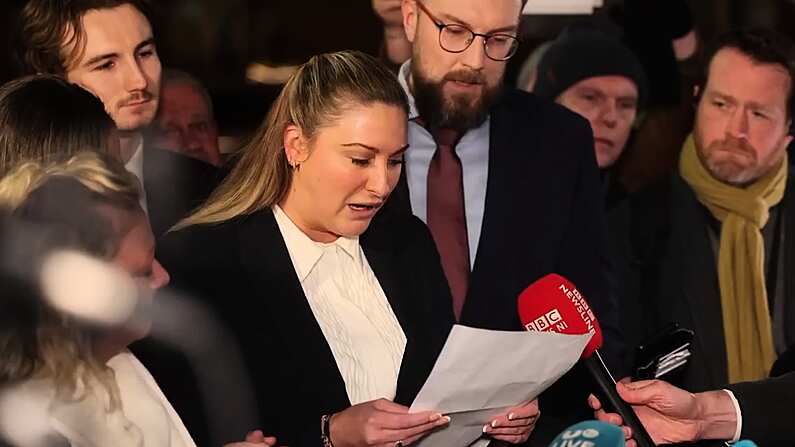MMA fans lost the arse when it was announced a fortnight ago that former UFC heavyweight champion Brock Lesnar would make the jump back across from the WWE and compete at UFC 200.
The 38-year-old last took to the octagon four-and-a-half years ago when he was defeated by Alistair Overeem, announcing his immediate retirement in the aftermath before joining the wrestling organisation in 2015 - effectively ending any speculation of an eventual UFC return (despite reported offers worth 10 times as much as previous UFC deal).
With UFC 200 perhaps slightly lacking in box office lustre, Dana White again turned to Lesnar, who in a somewhat surprising move, was confirmed for the July event just a fortnight ago.
His return to the UFC in an official capacity so soon before its upcoming marquee event presents an issue for the UFC and USADA; because Lesnar wasn't contracted to the UFC, he is not required to go through four months of drug testing before competing in Las Vegas.
Instead, USADA have reported that Lesnar has already been tested five times in the past fortnight, as the organisation seemingly strives to make up for lost time with the champ on his crossover from sports entertainment.
The four-month timeline was waived for Lesnar because part of the UFC's anti-doping policy states that an athlete can avoid those tests under what they describe as 'extenuating circumstances', i.e. joining the UFC from another organisation less than four months before a scheduled fight.
But after five visits from testers, it is worth pointing out that Lesnar is subjected to random testing around the year from the WWE as well, this as part of their 'wellness program'. However, those results aren't made public like the tests done as part of the UFC's anti-doping policy with USADA.
In November 2011, both Lesnar and Alistair Overeem were required by the Nevada State Athletic Commission to comply with out-of-competition drug testing. Lesnar delivered his sample on November 21, while Overeem did so two days later. Overeem's screen, however, did not meet the standards of the NSAC. Overeem submitted a second test through his personal physician – which was also deemed unacceptable – before leaving the country. Even allowing for this, Overeem was ultimately granted a conditional license for the fight. After a technical knockout of Lesnar in the first round, he subsequently tested positive for elevated levels of testosterone prior to his next outing.



